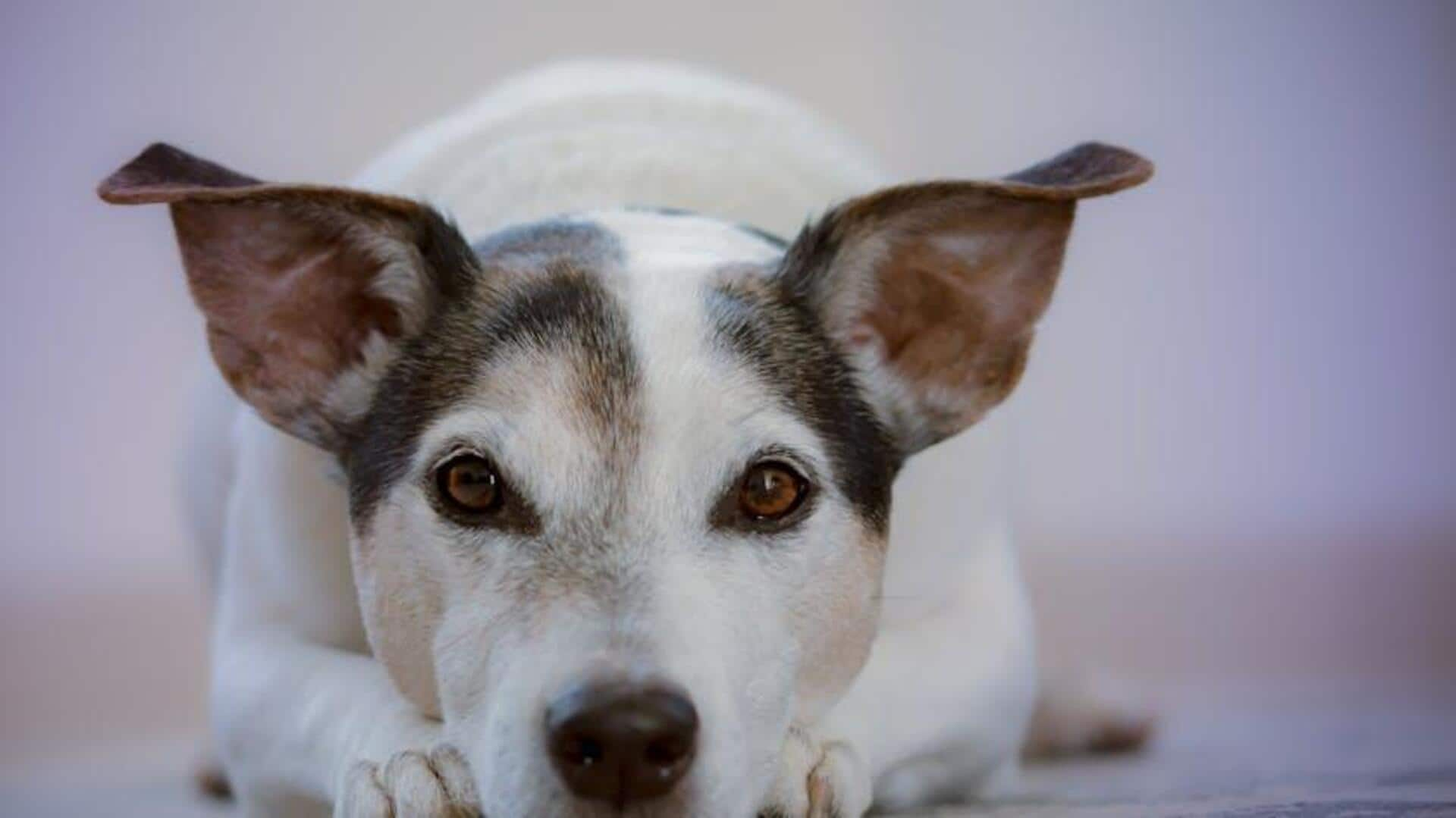
Dog dental care: 5 tips every pet parent should know
What's the story
Keeping your dog's dental hygiene in check is extremely important for their well-being. Neglecting oral care can result in gum disease, loss of teeth, and some other major health problems. Regular dental care not only keeps your pet's breath fresh but also saves you from expensive vet visits later. Here are five important tips to keep your dog's teeth healthy and strong.
Brushing routine
Brush your dog's teeth regularly
Brushing your dog's teeth regularly is one of the best ways to keep their dental health in check. Take a toothbrush meant for dogs and pet-safe toothpaste. Try brushing their teeth at least two-three times a week, if not daily. This habit removes plaque buildup and lowers the risk of gum disease.
Chews and toys
Provide dental chews and toys
Dental chews and toys make for excellent tools to promote oral hygiene in dogs. By reducing plaque and tartar as your dog chews on them, these products help clean teeth. Make sure that the chews or toys are suitable for your dog's size and chewing habits to avoid choking hazards.
Vet visits
Schedule regular vet check-ups
Regular vet check-ups are important for tracking your dog's dental health. At these visits, vets can conduct professional cleanings if required, detect potential issues early, and advise you on maintaining oral hygiene at home. Target at least one vet visit a year dedicated to dental care.
Balanced diet
Offer a balanced diet
A balanced diet ensures your dog's oral health. Giving them high-quality dog food full of essential nutrients can make a huge difference when it comes to keeping their teeth and gums strong. It also helps a lot in reducing plaque buildup. Avoid sugary snacks and table scraps, as these can cause dental problems with time. Giving your dog the right balance of nutrients will keep their dental health intact.
Signs monitoring
Monitor signs of dental issues
It is also essential to monitor your dog for signs of dental issues. Watch out for symptoms such as bad breath, red/swollen gums, trouble eating, or excessive drooling. Spotting the signs early can help you intervene before the issues worsen and require extensive treatment. This way, you can ensure your pet's oral health is maintained and prevent discomfort and complications.